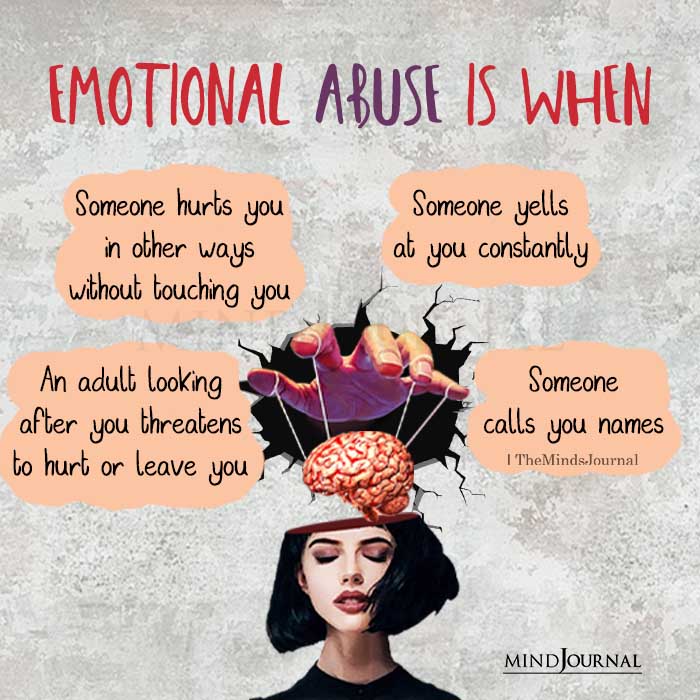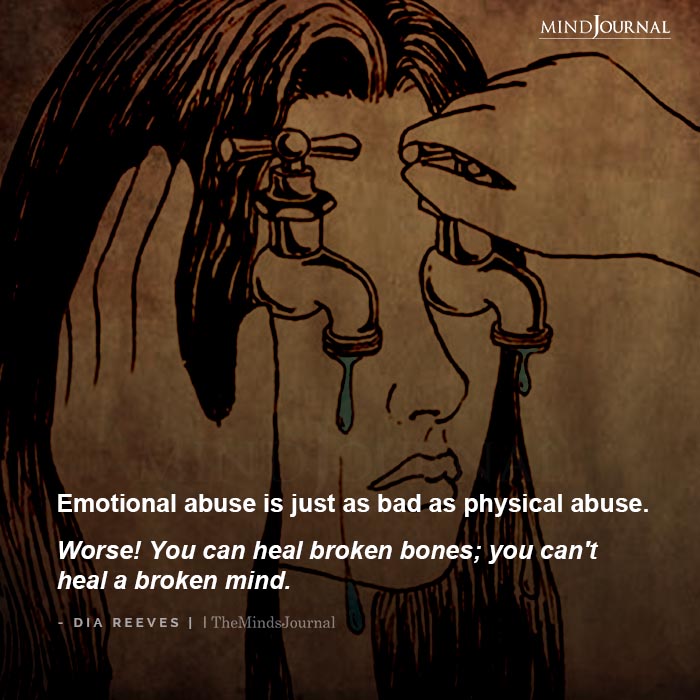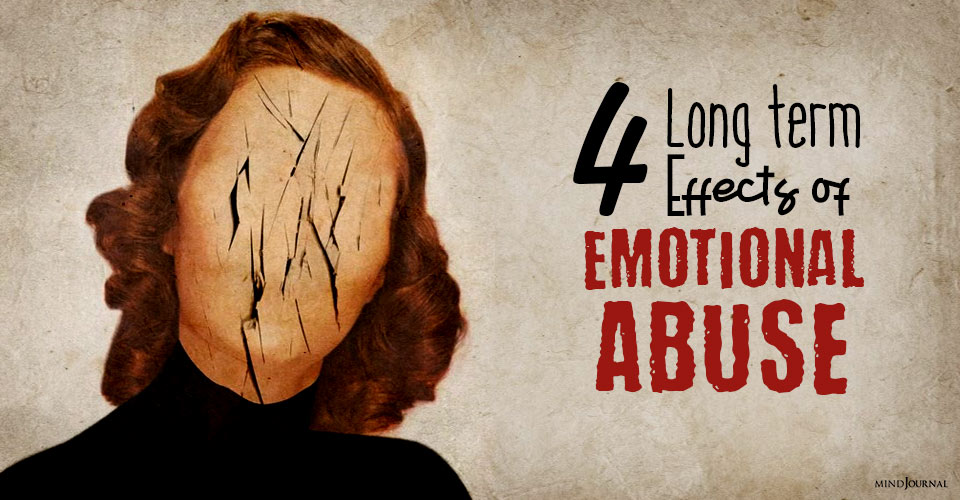From constantly walking on eggshells to feeling anxious, toxic relationships can make life hell. Learn more about the long term effects of emotional abuse on future relationships and how one can heal from it.
Emotions can be taken for granted, twisted and preyed upon by others. That’s right, just like physical and sexual abuse, it’s just as damaging, maybe even more so. I guess it’s hard to imagine why someone would want to be emotionally abusive, but that’s a tale for another day. So, what kind of person thrives in these actions?
Narcissists are often the antagonist in an emotionally abusive relationship. This is because those with this personality trait disregard their partner’s feelings, and always fight to be in control. But they’re not the only ones responsible. Sometimes, otherwise normal individuals are emotional abusers.

For the most part, this form of abuse goes unnoticed by those outside the relationship. The damage can last for years, even for life. Lingering effects, although sometimes dormant, can be subtle, and difficult to recognize.
Few long term effects of emotional abuse and how to deal with it
1. Physical Scars
Dealing with emotional abuse for a long period can lead to physical issues. A continuing rise in heartbeat and increased breathing can put strain on the lungs and heart, not to mention cause headaches and stomach aches as well.
It’s a sad fact, but emotional abuse can even shorten your life. These long-term effects can be seen in diseases, not so much caused by abuse but nurtured from the effects of the abuse. The best way to heal physically from emotional abuse is to keep active and eat nutritious meals. These actions can reverse some of the detrimental effects of the abuse.
Read What Is Emotional Abuse? How To Know if You Are Being Abused
2. Denial
Because emotional abuse is so manipulative, it has layers of reality. This makes the victim of abuse suffer from denial. As children, denial is not so prevalent, but as adults, denial of emotional abuse happens when the victim excuses the actions of the mental aggressor.
Abuse, to the victim, feels like something they deserve, and creates the highest form of denial. This often leads to more abuse and the inability to get away from the situation.

It’s important to understand that individuals outside the relationship can recognize manipulative actions. If only a few moments are spent listening to someone else’s opinion on your relationship, you could break free from the abuse.
3. Lack of Trust
Emotional abuse has the power to destroy trust, but If you can get away from this toxic situation, you have a chance of starting something new. Unfortunately, new relationships, beginning after the dissolution of an abusive relationship, could suffer from the lack of trust.
It’s hard to trust someone new when your ex-boyfriend destroyed your faith in other human beings. The only way to come back from this and give someone new a chance is to walk by blind faith. It’s difficult, but a few small steps could change your life.
Read 6 Painful Ways Emotional Abuse Changes You
4. Low Self-Esteem
Another way that emotional abuse changes a person is by breaking down self-confidence. Once the self-confidence is low, the abuser can do even more damage by manipulation. If you feel ugly or dumb, you can be convinced of many other degrading labels.
When you feel like you’re losing your identity, take it back immediately. Tell your aggressor no and stand your ground. The best and most successful way to illuminate any long-term effects of loss of self-confidence is to be tough and take a chance. Most times abusers use empty threats and will retreat from growing confidence.
Emotional abuse can be a nightmare. It’s devastating. Although you feel trapped, however, there is always a way out. As with physical abuse, taking the first step is the hardest part. So, never let anyone manipulate you and always educate yourself on the right way to treat your loved ones. After all, you must decide what you are worth and accept nothing less.












Leave a Reply